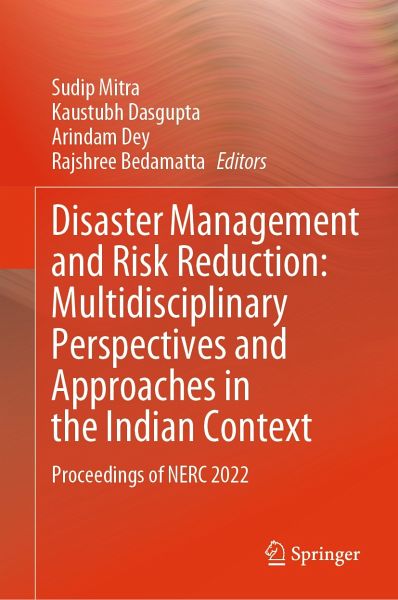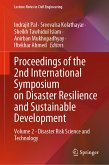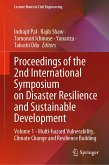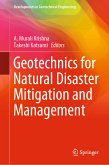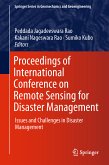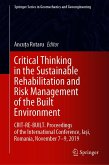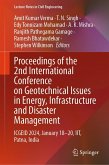This book presents select proceedings of North-East Research Conclave (NERC 2022) that will help pave way toward disaster risk reduction through a holistic and multidisciplinary approach. The book discusses topics, such as rapid pace of climate change, its deleterious effects on nature and natural systems, human interventions in altering the natural geographical and geological systems, widespread urbanization, recurrent unwarranted rainfall and cloud bursts, unprecedented flooding, catastrophic landslides, dam breakages, glacial outbursts, snow avalanches, seismicity and its impacts, liquefaction, and wreaking environmental pollution leading to unimaginable toll on lives, property and economy. The book also discusses approaches to address such issues and frame a refined path towards a sustainable future, such as a three-fold approach like - Awareness, Inferences and Implementations. For this approach, it is ardently necessary to understand the core reasoning behind the disasters, theirimpact on the socio-economic contexts, and the ways to mitigate them. The book can be a valuable reference for beginners, researchers, and professionals interested in disaster risk reduction and allied fields.
Dieser Download kann aus rechtlichen Gründen nur mit Rechnungsadresse in A, B, BG, CY, CZ, D, DK, EW, E, FIN, F, GR, HR, H, IRL, I, LT, L, LR, M, NL, PL, P, R, S, SLO, SK ausgeliefert werden.

